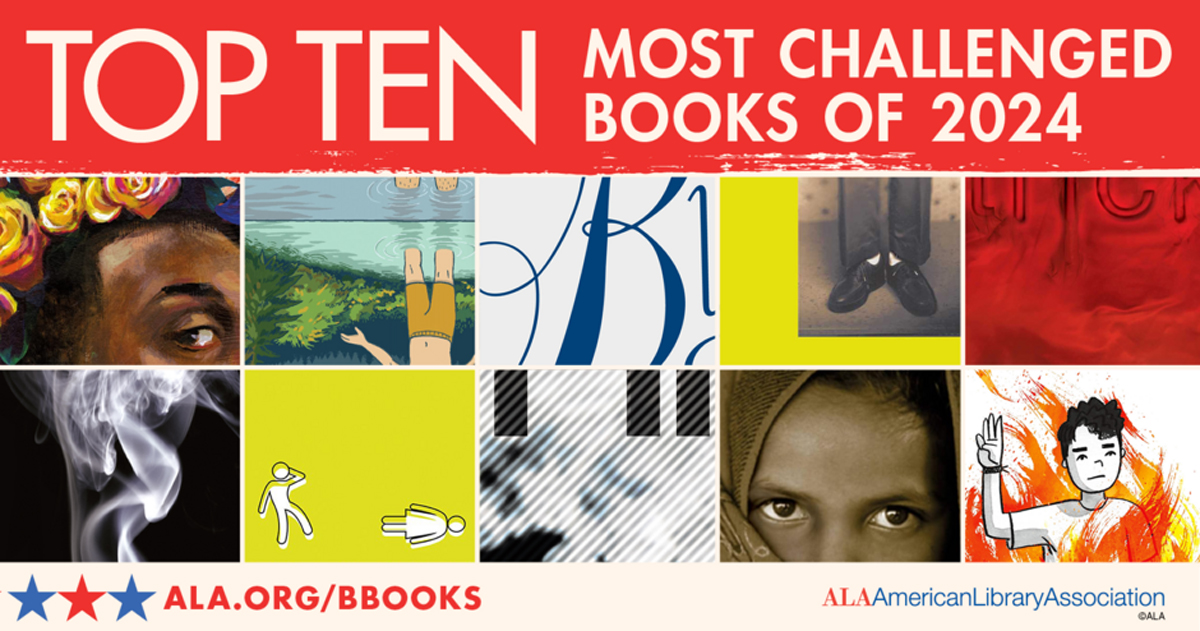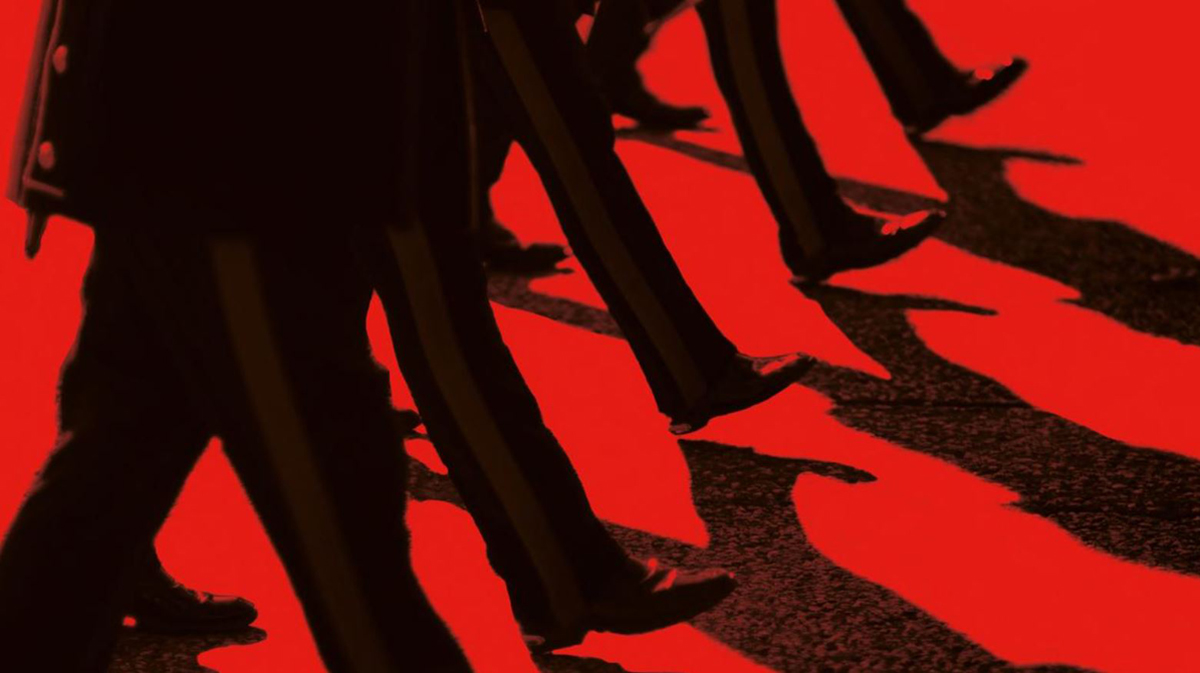Libraries across the country spent 2024 meeting the needs of their diverse communities, all while fending off challenges to intellectual freedom and threats to their lives and livelihoods. These actions and more are documented in the 2025 State of America’s Libraries Report, released today by the American Library Association (ALA) at the start of National Library Week. The annual report includes the highly anticipated Top 10 Most Challenged Books List and updates on book censorship in the U.S. compiled by ALA’s Office for Intellectual Freedom (OIF).
The new data shows that the majority of book censorship attempts originate from organized movements. Pressure groups and government entities that include elected officials, board members, and administrators initiated 72% of demands to censor books in school and public libraries. Parents only accounted for 16% of demands to censor books, while 5% of challenges were brought by individual library users.
“The movement to ban books is not a movement of parents, but a movement of partisans who seek to limit our freedom to read and make different choices about things that matter,” said OIF Director Deborah Caldwell-Stone. “All who care about libraries and personal liberty must stand together and join the movement to halt this assault on the freedom to read.”
The most common justifications for censorship provided by complainants were false claims of illegal obscenity for minors; inclusion of LGBTQIA+ characters or themes; and covering topics of race, racism, equity, and social justice.
The 120 titles most frequently targeted for censorship during 2024 are all identified on partisan book-rating sites which provide tools for activists to demand the censorship of library books. The top 10 most-challenged books of 2024 are:
1. “All Boys Aren’t Blue,” by George M. Johnson
2. “Gender Queer,” by Maia Kobabe
3. (TIE) “The Bluest Eye,” by Toni Morrison
3. (TIE) “The Perks of Being a Wallflower,” by Stephen Chbosky
5. “Tricks,” by Ellen Hopkins
6. (TIE) “Looking for Alaska,” by John Green
6. (TIE) “Me and Earl and the Dying Girl,” by Jesse Andrews
8. (TIE) “Crank,” by Ellen Hopkins
8. (TIE) “Sold,” by Patricia McCormick
10. “Flamer,” by Mike Curato
By the numbers
Reports sent to ALA documented 821 attempts to censor library books and other materials in 2024 across all library types, a decrease from 2023 when 1,247 attempts were reported. In 2024, ALA recorded the third highest number of book challenges since tracking began in 1990.
The following factors contributed to the decrease in documented censorship from 2023:
Underreporting: Many book challenges are not publicly reported or covered by the press. Therefore, ALA’s year-end data only represents a snapshot of censorship in America. In many cases, reporting censorship poses significant risk to a library worker’s professional livelihood and personal safety.
Censorship by exclusion: This occurs when library workers are prohibited from purchasing books or required to place books in restricted or less accessible areas of the library due to fear of controversy. For example:
The board of supervisors of King George County (Va.) Schools has given outsized influence to a 76-year-old preacher, who is the father of one board member and father-in-law of another. Following his requests, the board placed restrictions on access to more than 100 titles in school libraries. Restricted titles are under lock and key at the middle school and behind the librarian’s desk in the high school. Parental permission is required for a student to check out any restricted title. The board also assumed oversight of all books selected for purchase by school library workers.
Legislative restrictions: Several states have passed laws restricting the type of materials available in libraries and schools based on the ideas or topics addressed in the materials. This impairs young readers’ freedom to read and the ability of parents to guide their students’ reading free from political or religious interference. In Florida, Iowa, and Missouri, new state laws requiring school districts to restrict or remove library materials that are broadly deemed to include “sexual content” or controversial themes has resulted in the removal of books with literary or educational merit from school libraries that include LGBTQ+ characters or themes, or the removal of books about race or racism and featuring characters of color.
These numbers—and the many instances documented in the State of America’s Libraries Report of librarians working and fighting for Americans every day—illustrate the need for people everywhere to stand up and speak out for America’s libraries and librarians.
“As the organized attempts to censor materials in libraries persist, we must continue to unite and protect the freedom to read and support our library workers, especially at a time when our nation’s libraries are facing threats to funding and library professionals are facing threats to their livelihood,” said ALA President Cindy Hohl.
Become a Supporter
Subscribe to the I Love Libraries newsletter! You’ll get monthly updates on library news, advocacy updates, book interviews, book info, and more!




